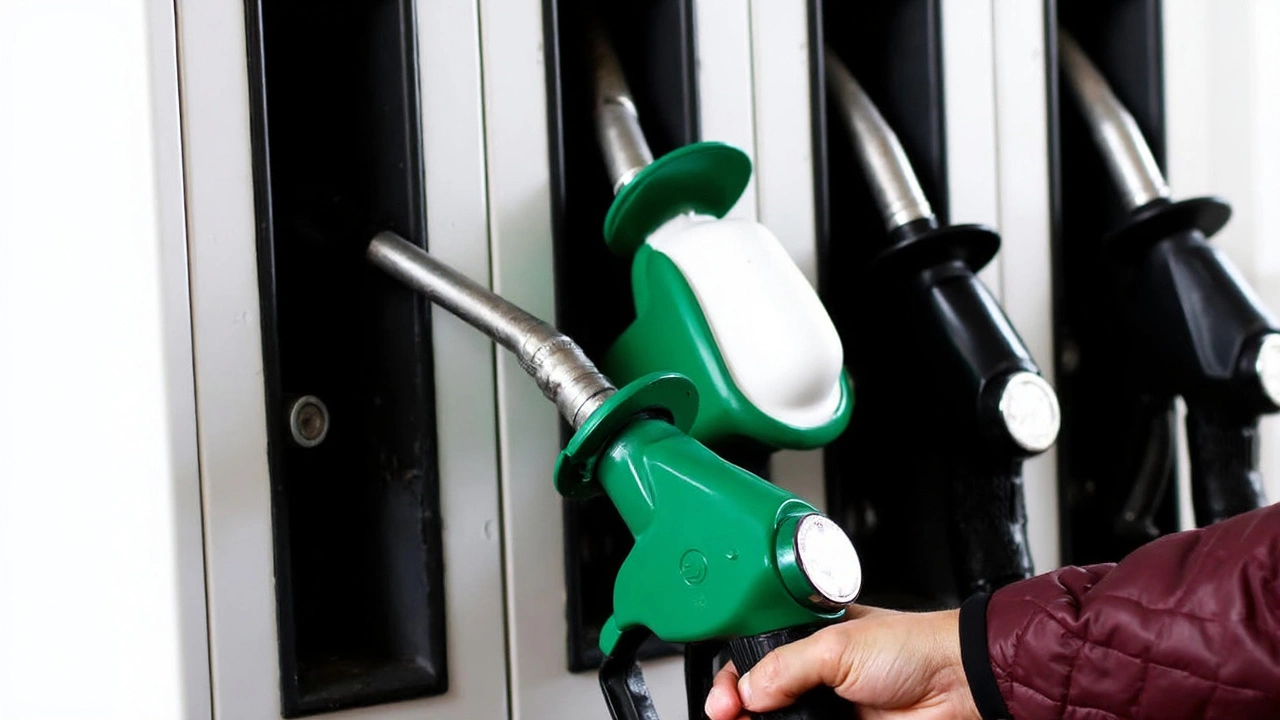Fraud in Motorsports – What It Looks Like and How to Avoid It
Motorsports draw big money and a lot of fans, so it’s a prime target for shady deals. Whether you’re a driver, fan, or sponsor, you’ll hear stories of fake sponsorships, rigged races, and betting scams. Knowing the red flags can save you cash and keep the sport clean.
Common Types of Motorsport Fraud
First off, the most common frauds are fake sponsorship offers. Scammers send emails that look like they’re from big brands, promising big cash for logo placement on a car. The catch? They ask for an upfront fee to “process” the deal, then disappear. Another hot trap is illegal betting. Some websites claim you can bet on a race’s outcome with guaranteed returns – they’re usually run from offshore servers and steal your money.
Race fixing is rarer but still happens. A driver or team might agree to let a competitor win in exchange for money. This can be hard to prove, but you’ll notice sudden, unexplained performance drops. Lastly, there are counterfeit merchandise scams. Sites sell “official” team gear that’s low‑quality knock‑offs, and they never ship the product.
How to Spot a Scam Quickly
Look for pressure tactics. If someone says the offer is "limited time" and pushes you to pay now, step back. Real sponsors will give you time to review contracts and will never demand cash before any agreement is signed. Check the email address – official domains end in the brand’s name, not generic services like Gmail.
Do a quick web search of the company name plus "scam" or "review." If other people have been ripped off, you’ll see warnings. For betting sites, verify they are licensed by the UK Gambling Commission. Unlicensed sites lack the legal protection you need if something goes wrong.
When buying merchandise, always shop from the team’s official store or a known retailer. If a site’s URL looks odd or the price is too good to be true, it probably is.
What to Do If You’ve Been Targeted
Act fast. Contact your bank and ask them to freeze any pending transfers. Report the scam to Action Fraud (the UK’s national fraud reporting centre) and to the UK Gambling Commission if it’s a betting issue. For fake sponsorships, let the real brand know – they often have fraud teams that track these scams.
Keep all emails, screenshots, and transaction records. They’ll help investigators track the fraudsters. Also, share your experience on fan forums – the community can warn others and sometimes help shut down the scam.
Staying alert is the best defense. By checking details, asking questions, and not rushing into deals, you protect yourself and keep motorsports honest.
Got a weird email or a deal that feels off? Drop a comment below and we’ll help you sort it out. The more we talk about fraud, the harder it gets for scammers to hide.





